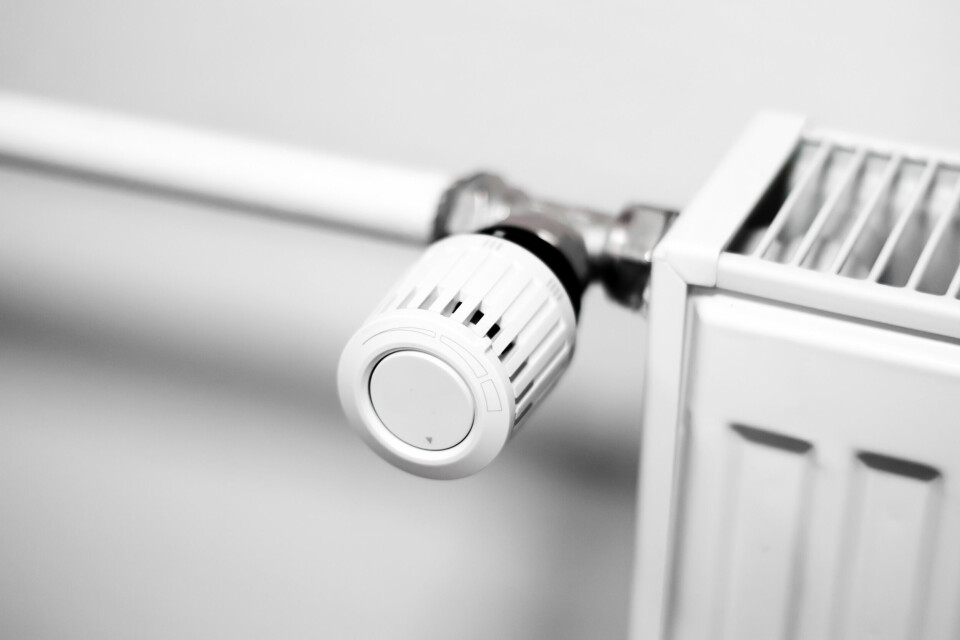-
Explained: how to register a classic car in France
It is relatively straightforward to get a carte grise véhicule de collection for your vehicle
-
How to fit in when you move to France: avoid that ‘expat bubble’
After two decades in central Brittany, Jill Fitzgerald O’Connor wants to help other movers feel part of their new community
-
How to save money on fashion and clothes in France
Growing number of second-hand shops are selling clothes by weight
How to heat your home through France’s district heating network
More than two million properties use a local réseau de chaleur. Prices are not affected by global events as the power is produced locally

Around 2.5 million properties in France are heated through what is called a ‘district heating network’ (réseau de chaleur), which is considered to be a more environmentally friendly method than individual household heating systems.
The system consists of energy being generated at a local station which is then transferred to a series of interconnected buildings through a system of pipes.
Typically, the heat is generated through means considered more environmentally friendly than traditional fossil fuels, for example biomass burning or waste incineration.
In simple terms, it is like having one eco-friendly boiler that serves hundreds or even thousands of households, rather than each individual house having their own boiler.
More and more cities in France are establishing district heating networks, such as Nantes, Clermont-Ferrand, Brest and Dijon. The networks are mainly found in France’s larger urban areas.
How do I know if I can connect my house to a heating network?
The government has set up the webpage France Chaleur Urbaine that allows you to see if you can connect your home to a nearby district heating network.
You can type your address into the search bar at this link, and it will inform you if there is a nearby network you can connect your house or apartment block to.
If there is, you can fill out a form providing your details and you will be put in contact with the authority managing your local network.
If there is not a nearby network to which you can connect your home, you can signal your wish to be connected to one and your request will be transferred to your local mairie and authority in charge of the network.
What are the advantages / disadvantages?
Advantages
-
It is an eco-friendly source of heating: France reduced its CO2 output by 5.6 million tonnes in 2020 thanks to the network
-
Any price fluctuations will be minimal, and will likely not be affected by global affairs (as the power is produced locally)
-
There is a VAT rate of 5.5% on the energy
-
No need to carry out repairs on your boiler because you will not have one
Disadvantages
-
If the pipes carrying the energy to your home are damaged then you could lose heating
-
The networks are currently only available in urban areas where buildings are close together. They are not yet viable in more sparsely populated areas
Related articles
Extra €1,000 available in grants to replace a gas boiler in France
Bills skyrocket for customers of alternative French energy supplier
Why is heating oil not included in the French state’s fuel discount?
EU refuses to buy Russian gas with roubles: French suppliers diversify
























